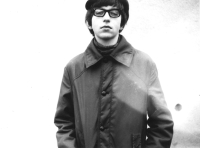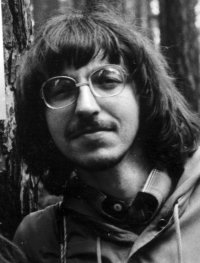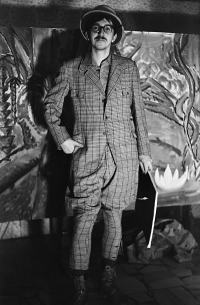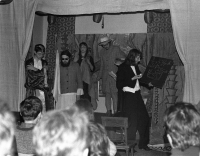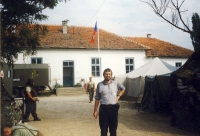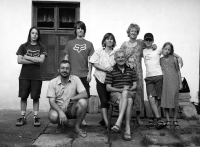We wanted to be legal but play free

Download image
Tomáš Tichák was born on 14 May 1957 in Olomouc to Milena and Milan Tichák. In 1963 he started primary school in Olomouc. In September 1968, he began studying at the experimental eight-year Slavic Gymnasium, which closed after two years. He finished primary school in the Hejčín district of Olomouc. From his youth he was culturally active, in 1969 he started publishing a student magazine, a year later he founded a band with friends. Because he burned a Soviet flag during a break, he had problems with admission to high school. He studied an apprenticeship for a year and then was admitted to the Secondary School of Electrical Engineering in Olomouc. At high school he became involved in the spreading of samizdat. In 1976 he founded the unofficial Bernardýn Theatre in Olomouc, for which he wrote texts. Although he was humanities-oriented, he could only study a technical field, so after graduating in 1977 he entered the Faculty of Electrical Engineering at the Brno University of Technology. In 1981 he founded the samizdat literary magazine Ječmínek. Because of his theatre activities, he was interrogated several times by State Security Service (StB) and had to appear before a disciplinary committee in his last year of university. He was suspended and successfully graduated in 1982. In 2023 he lived in Olomouc.

